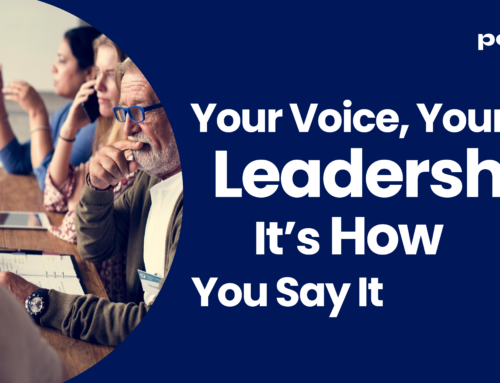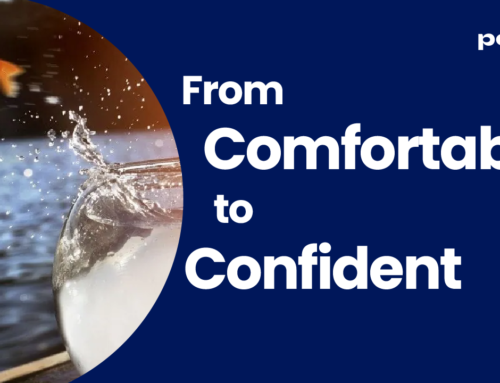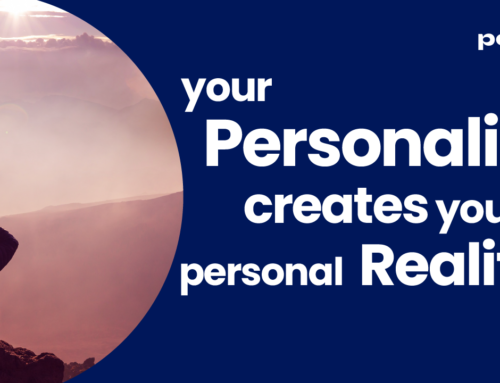Mindfulness has long since shed its reputation as a woo-woo concept.
Research is providing powerful evidence about how we can influence our mind and train our brain by practicing mindfulness. The results show that we can achieve a natural resilience to stress, be more innovative and compassionate.
Mindfulness is sometimes defined as ‘our capacity to be focused, open-minded and to hold multiple perspectives’. Our world is defined by constant distractions which makes it difficult to stay in the moment and pay attention to what is actually going on.
Daniel Goleman, the originator of Emotional Intelligence says: “One way to boost our willpower and focus is to manage our distractions instead of letting them manage us.”
As leaders we can consciously shift our behaviour from instant reaction to conscious responding.
What does that mean? Very loosely summarised, our emotions and ‘instant reactions’ are controlled by the amygdala within the limbic system. The frontal cortex is responsible for our logical reasoning and rational behaviours. In essence, an emotional intelligent person’s brain knows how to balance the two functions in the most effective way.
Mindfulness Meditation supports the cultivation of Emotional Intelligence and Self-Efficacy by improving the ability to comprehend my own emotions, to understand the emotions of people around me and to strengthen the ability to govern and control our emotions – it basically acts as a bridge between the two areas. Regular practice stimulates the development / strengthening of neural pathways, which will nurture and cultivate our abilities to balance the two systems.
PCM supports traditional mindfulness techniques because it provides us the skills to remove our filters, hold multiple perspectives, listen, and to respond in an effective way.
Read more here about how mindfulness grows Emotional Intelligence or learn how you can learn the PCM skill set.





